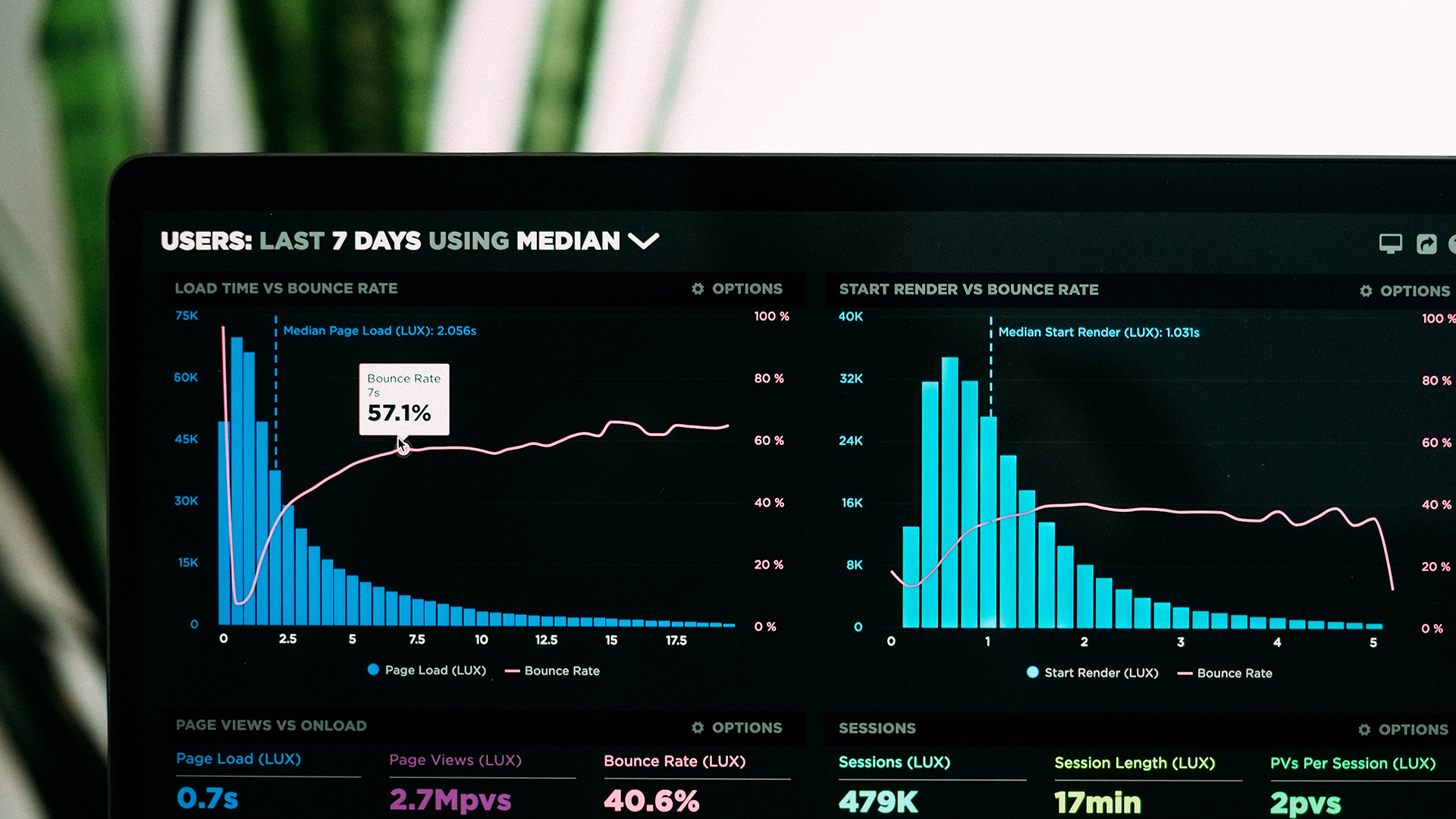Published by
Big data” has become more than just a buzzword. With the right analytics, data can yield valuable insights to help a business identify its audience, improve the customer experience, boost sales and more. A particularly telling but sometimes overlooked source of data for a business is its website.
Monitoring website traffic and page views can yield a variety of data, including time spent on particular pages and bounce rates. Those figures can translate into invaluable insights about your customer base and actions your business can take to improve performance. We consulted 11 experts from Forbes Technology Council for their advice on what you can learn and accomplish by delving into the data from your business’ website.
1. To Flag Changes In Trends Or Cultural Signals
Many companies have a wealth of data that just sits there. Monitoring Web traffic, impressions and page view data to flag changes in trends or cultural signals can help in shaping strategies to future-proof businesses. We monitor traffic across channels and use the data for a range of things, including conversion optimization, user experience, targeted campaigns and product development. – Saba Mohebpour, Spocket
2. To Optimize For Sources You’re Not Seeing
Look at where your traffic is coming from. It can drive strategies regarding regions to focus on, industries to target or even languages to translate your content into. It can also tell you if you need to optimize more for sources you’re not seeing. You’ll probably find some fun surprises, and you’ll learn how the world sees your business. It’s always great to have an outside perspective. – Luke Wallace, Bottle Rocket
3. To See Where Customers Are On Their Journey
The paths visitors take through your website provide valuable insights into where they are on their buying journey. If you can tie Web traffic trends to user stories, it becomes much easier to spot and act upon anomalies. For example, if the same visitor has viewed a product every business day for three weeks and suddenly stops doing so without making a purchase, you’ve probably missed out on a sale. – Jennifer Redmon, Cisco Systems
4. To Identify Consumer Interests And Preferences
Data is insightful when we look at it from different perspectives (or “dimensions,” as we call them in the data world). The same rule applies to Web traffic/page view data: By slicing and dicing the data you gain insight into who is most interested in what. It matters because the more you know your audience, the higher the chances you’ll stay relevant to your market and succeed. – Arman Eshraghi, Qrvey
5. To Create An Efficient Content Plan
Creating a content plan is not a simple task. But it can be made easier if you analyze the data gathered from your website. Tracking the traffic will help you better understand what content is sought after by your audience and what you should focus on in the future. The more you analyze the traffic and the audience, the easier coming up with an excellent and working content plan will be. – Daria Leshchenko, SupportYourApp Inc.
6. To Understand Your Engagement Level
Website analytics are key to monitoring and understanding the pathways potential customers take through your site. It will highlight if they are engaging with your calls to action or if they are leaving quickly or are unable to find key resources. Ultimately, having lots of visitors to your website is pointless if they don’t engage and they leave empty-handed, so use data to refine your site experience. – Al Kingsley, NetSupport Limited
7. To Pinpoint Your Website’s Weaknesses
Web traffic and page view data can shine a light on your website’s weaknesses from a marketing standpoint. In turn, this elucidates potential solutions to problems you may have not been aware of otherwise. For instance, are you seeing several visitors dropping off your contact page? Then maybe it needs a revamp. These insights may be subtle, but they can make all the difference. – Marc Fischer, Dogtown Media LLC
8. To Improve Key Decision-Making
While parsing through mountains of data might be a frustrating exercise, even worse is making decisions without any data at all. It’s impossible to definitively say what feature should be worked on next or where users are bouncing from your site/platform/app without data. This is a linchpin for a lot of other spending decisions—marketing effectiveness, user interface/user experience, product roadmap—you name it! – Cecile Lee, Trendalytics
9. To Enhance Your Customer Experience
That data is your customers talking to you—use it to make their experience better. A company can use data to adapt its website to maximize conversion rates, determine if a marketing campaign is driving new users and ascertain whether a particular change has led to an increase in time spent on the site. Without proper analytics, you would be running blind. – Fabrizio Blanco, Viant Technology
10. To Optimize Marketing Budgets
Companies invest a significant amount of money in media outreach and press efforts to drive visitors to their website. By monitoring Web traffic/page view data, teams can identify where the return on these investments is best maximized. With this information, one can optimize budgets to improve efficiency. – Ashwini Choudhary, Recogni




